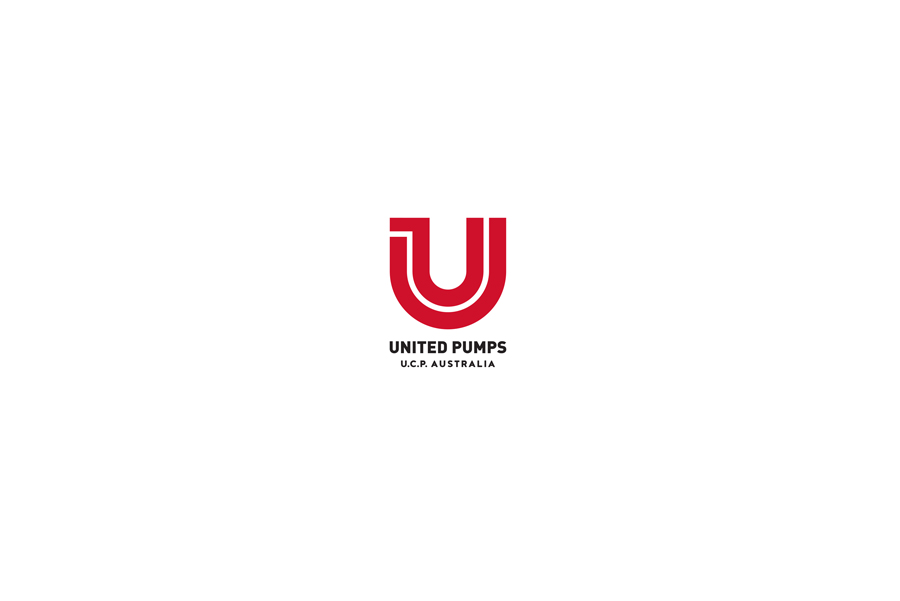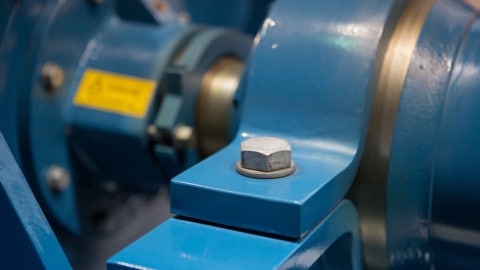An innovative two-stage approach to solving irrigation water reliability issues in Tasmania’s South East has been developed by Tasmanian Irrigation to enable farmers to expand, diversify and grow their agricultural businesses.
Tasmanian Irrigation Chief Executive Officer, Andrew Kneebone, said rapid development and investment through the Coal River Valley, Cambridge and Sorell areas in recent years, particularly in wine grapes, berries and green leaf crops, had resulted in increased demand for irrigation water across the South East Irrigation Schemes (SEIS) Stages One, Two and Three.
“The Tasmanian Irrigation team has been working incredibly hard to progress this two-stage approach, with the key focus on securing an alternate, reliable and cost-effective water source for the short and longer term for our irrigators,” Mr Kneebone said.
“The first stage is the development of a South East Interim Solution that will supply reliable raw water from the River Derwent to existing irrigators in the South East Irrigation Schemes.”
The South East Interim Solution will involve stages two and three of the South East Irrigation Schemes, bypassing the TasWater system as the primary water source, and instead extracting irrigation water from the River Derwent.
This will ensure a reliable water supply for current irrigators and farmers so they can continue to diversify, value add and expand their existing farming operations. It also makes available an additional 30ML of treated water per day for households in Southern Tasmania.
Access-request letters have been posted to approximately 70 landowners that have been identified on a preferred pipeline corridor for the South East Interim Solution as part of the consultation process required to be undertaken to develop this project.
Mr Kneebone said the additional water supply will enable farmers to diversify and add value to their existing farming operations, while making available up to 30ML of treated water per day for households in Southern Tasmania.
“Interruptions to supply, coupled with the extreme dry conditions, resulted in restrictions being temporarily imposed on SEIS Stage Two and Stage Three irrigators in November last year, and we understand the impact this has on high-value crops and businesses,” he said.
“The South East Interim Solution and South East Integration Project will utilise existing DPIPWE water licences from the River Derwent for extraction of fit-for-purpose irrigation water, enabling 30ML of treated water a day to be freed up in the greater Hobart drinking water supply and irrigators to be given additional surety.”
The longer term South East Integration Project is one of the $496 million tranche three Pipeline to Prosperity initiatives that will see the augmentation of the current South East Irrigation Scheme’s Stages One, Two and Three, while meeting increased demand for irrigation water.
The Tranche Three irrigation projects (ten in total) are expected to deliver up to 2,600 full-time jobs and an additional $150 million in on-farm private investment, as almost 78,000ML of water is delivered via 479km of pipeline, seven dams, 23 pump stations and four power stations.

















